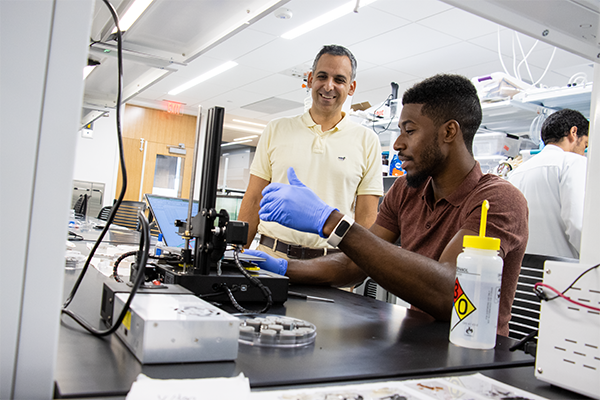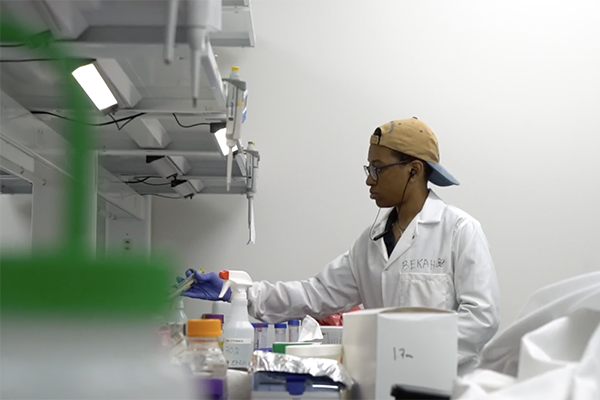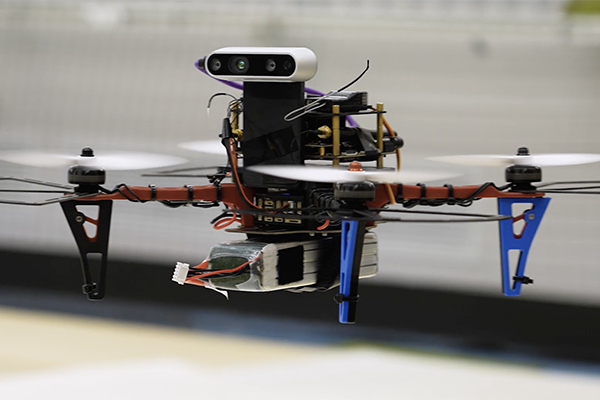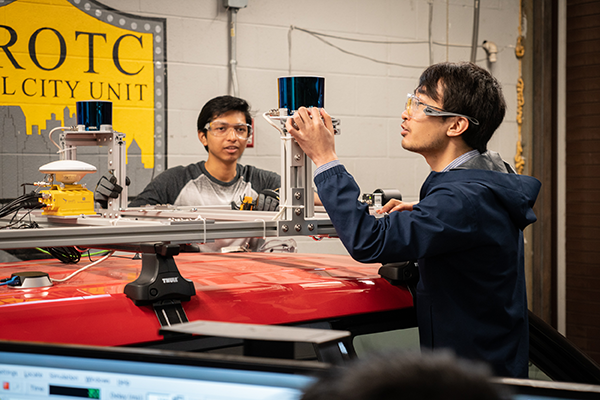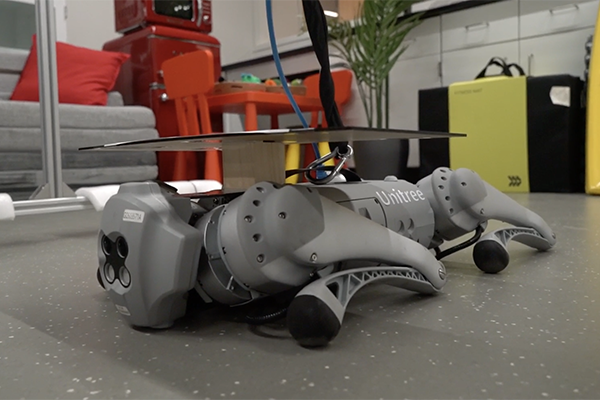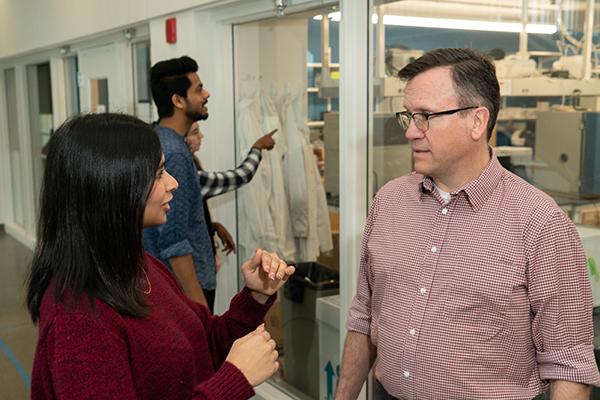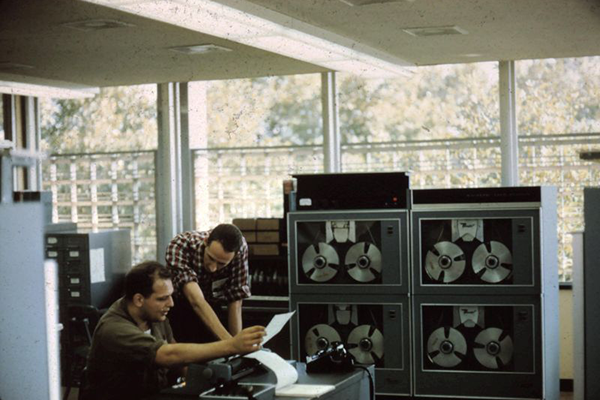Scaife Hall to transform research and education at CMU
Carnegie Mellon hosts grand opening of reimagined Scaife Hall.
This week, Carnegie Mellon University will host the grand opening of the newly reimagined Alan Magee Scaife Hall.
Since 1962, Scaife Hall has been the home of discovery, innovation, and mechanical engineering education at CMU. Over the last 60 years, technology has transformed; our smartphones have more processing power than the state-of-the-art computer that once occupied Scaife’s entire fourth floor (and had to be carried in via helicopter), and building robots from living tissue seemed like something only possible in science fiction.
The updated and expanded Scaife Hall was built not only to accommodate CMU’s growing mechanical engineering community, but to spark innovation, create real-world impact, and foster the College of Engineering’s culture of Advanced CollaborationTM. After all, the future of engineering education and research requires very different classrooms and laboratories.
By physically situating diverse research groups together to spark spontaneous interaction, Scaife Hall is accelerating multidisciplinary research in emerging fields across Carnegie Mellon University including biohybrid robotics and nanoengineered materials.
With reconfigurable classrooms and other modern learning spaces, students have more flexible project spaces for hands-on courses.
On top of that, Scaife Hall offers an improved sense of community for students, faculty, researchers, and staff. With more collaboration spaces and closer proximity between students and faculty, the department organically sees more light-bulb moments that are only possible when one bumps into their colleague or professor in the hallway.
Outside of the building, the new Engineering Quad unites the College of Engineering’s primary facilities into a singular and compelling focal point for the community, connecting its main buildings with a high-traffic, open square. This vibrant outdoor space is situated between the Alan Magee Scaife Hall of Engineering, ANSYS Hall, Porter Hall, Roberts Hall, and the iconic Hamerschlag Hall, which house students, faculty, and staff from the university’s engineering programs.
Thanks to a generous lead grant from the Allegheny Foundation, the impact of Scaife Hall will be felt for generations by students, faculty, researchers, and staff.
“Carnegie Mellon has played a leading role in the revitalization of the Greater Pittsburgh region through its education and research mission,” said Matthew Groll, chairman of the Allegheny Foundation. “We are thrilled to empower the incredible work within CMU’s College of Engineering and to continue the joint legacy of the university and the Scaife family.”
Another generous commitment came from Carnegie Mellon University Trustee and alumnus David Coulter and his wife, Susan Coulter. They made a transformational gift to support the construction of Scaife Hall and endow the Department of Mechanical Engineering’s headship—the first endowed headship in the College of Engineering. The Coulters were joined by more than 500 other supporters in making Scaife Hall possible.

